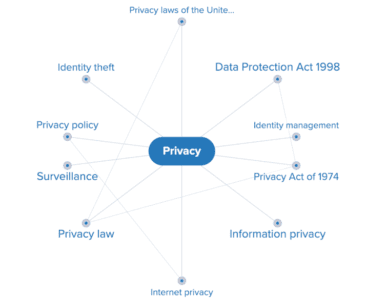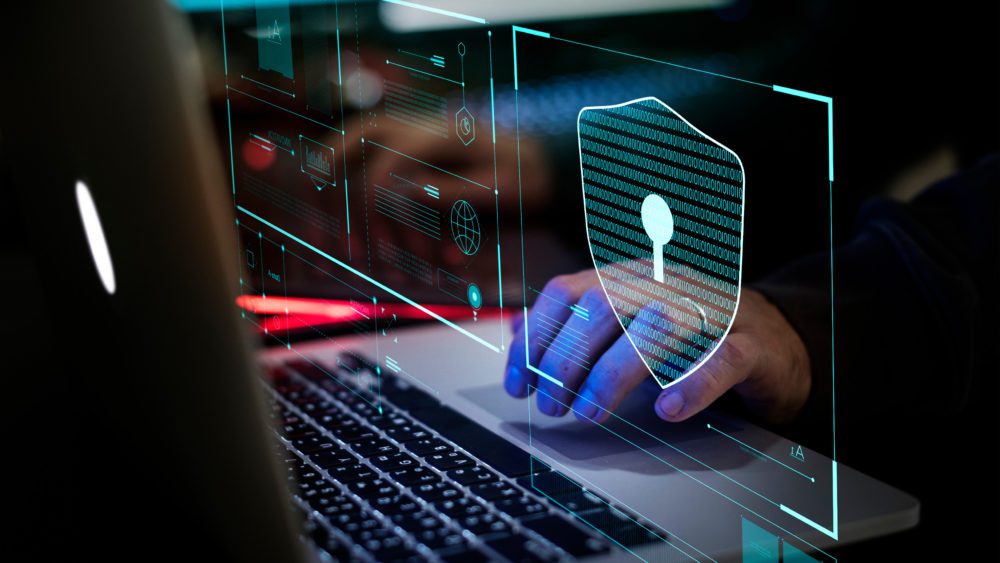

Prior to the pandemic, some libraries were already incorporating privacy measures and tools in their library services or information literacy programs—for instance, Penn State Berks and the San José Public Library’s Virtual Privacy Lab. In this post, we will share several tips and resources for you to consider to help strengthen your library users’ information privacy and security.
First, if you are an instruction librarian, you may want to include privacy literacy in your program. According to Cheryl Givens, author of Information Privacy Fundamentals for Librarians and Information Professionals (2014), privacy literacy is defined as an understanding and awareness of how one’s information and data are tracked, shared, and used in online environments, and “how that information can retain or lose its privacy” (p. 53).
Privacy is not only an individual’s or organization’s concern, it is a social justice matter. For library/information workers, there are opportunities to support information literacy utilizing privacy awareness tools, too. How do you teach users to be more aware of their information privacy? You can host an online session to introduce online safety and privacy to your users. You can also integrate some of the resources below for your information literacy program.
- Start Small – You may feel overwhelmed with the abundance of online activities and an increasing number of resources being shared. Consider your goals, as well as how to introduce your colleagues to which privacy tools are out there and why this matters, before designing something for students. If you need lesson plans that integrate privacy concepts for an information literacy workshop, consider these contributions from CORA (Community of Online Research Assignments).
- Library Freedom Project (LFP) – As a current cohort member of the Library Freedom Institute (LFI), I have been learning a lot of different useful techniques and resources for combating surveillance and promoting privacy tools. LFP is a privacy-centered collaborative program that supports all library/information workers to teach, train, and advocate for information privacy within the library and for communities at large. The LFP page also contains helpful resources on training privacy workshops created by past cohort members of LFI. In addition, LFI is now seeking new cohort members for the summer. Applications are due 6/1/2020.
- Choose Privacy Every Day – From the American Library Association, this page offers useful resources such as guidelines, tools, recorded webinars, and programming ideas for you to consider. The tools to protect user privacy are useful. If you are thinking of teaching alternative browsing tools, consider DuckDuckGo or TOR Browser.
- Videoconferencing Tips – You may want to consider these videoconferencing tips from a poster designed by Andrea Puglisi, a librarian from Richard Salter Storrs Library in Massachusetts. Also a version in Spanish is available, translated by Katelyn Duncan of Worcester, MA, Public Library.

